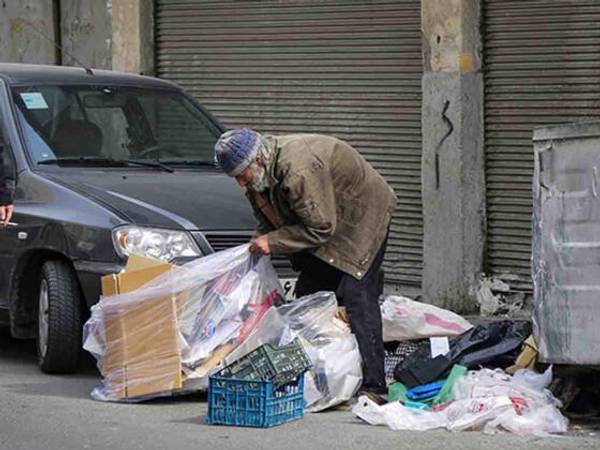Iranian lawmaker Gholamreza Nouri Ghezeljeh has warned that Iran’s economic situation is alarming, and the people have been struggling in recent years to survive.
Ghezeljeh told reporters in Tehran that the economic crisis is the outcome of inaction by parliament over the country’s development plans. This comes while some experts say funds allocated to development plans are often spent on propaganda or military projects.
The lawmaker also attributed part of the problem to the fact that Iranian officials including presidents lack long-term vision. For the same reason, he said, only 30 percent of six development plans since the establishment of the Islamic Republic have been implemented.
Meanwhile, another Iranian lawmaker, Alireza Mobaleghi, said in an unprecedented statement on Thursday that officials, including members of parliament, are ashamed and embarrassed for the difficult economic situation and have no convincing answers to the people’s grievances.
He added that the embarrassment is more serious for those like him who represent the people in the underprivileged parts of the country like his constituency in Kouhdasht in southwest Iran.
Iran’s struggling economy has faced a worsening crisis since 2018 when the United States withdrew from the JCPOA nuclear accord and imposed sanctions. Annual inflation is above 50 percent and ordinary salaries are less than half of what families need for basic necessities.
But no politician within the regime dares to criticize Supreme Leader Ali Khamenei who is the top decision maker in matters of security and foreign policy and ultimately responsible for policies that have isolated the country.
The lawmaker further charged that some government managers and decision makers are not efficient enough for their jobs and that is what causes part of the problem. There are individuals who might be good speakers and know a lot of theories, but they cannot do their job necessarily.
“There is no justification for using such individuals in the government although some of them might have good academic credentials,” he said. He added that Iran is involved in a full-fledged economic war, and it needs highly capable officials.
Mobaleghi maintained that some members of parliament have presented serious demands to the government to change its senior and mid-ranking managers in a bid to improve the country’s situation. He further warned that the parliament might consider impeaching some of Iran’s cabinet ministers.
Despite the problems, some hardliner lawmakers such as Fereidoun Abbasi do not seem to take the issue seriously. Abbasi said on Thursday, “Iranians are potentially rich, but if their wealth does not positively impact the country’s economy, that is not the government’s fault. It is something to do with the ongoing economic war.”
Economic war is Iranian officials’ jargon for US sanctions against the Islamic Republic government.
In fact, nepotism, corruption and political considerations play a vital role in the economy, which is mostly controlled by the government. Conditions for private investments are not encouraging and many have taken their capital abroad. Official statements show that tens of billions of dollars have been taken out in the past decade.
Abbasi charged that “the lawmakers who speak about economic shortcomings in their constituencies and state that the people are poor and underprivileged are simply trying to justify their inaction.
The hardliner politician added, “Instead of highlighting the country’s problems, lawmakers should strive to solve them,” shifting the blame from systemic problems to members of parliament.
Meanwhile, in an interview with Khabar Online website, Labor market Expert Hamid Haj Esmaili criticized government officials for providing false statistics to the media to pretend that they have tackled problems such as unemployment and inflation. He said there are serious conflicts between the figures presented by state officials and statistics worked out by specialised agencies.
